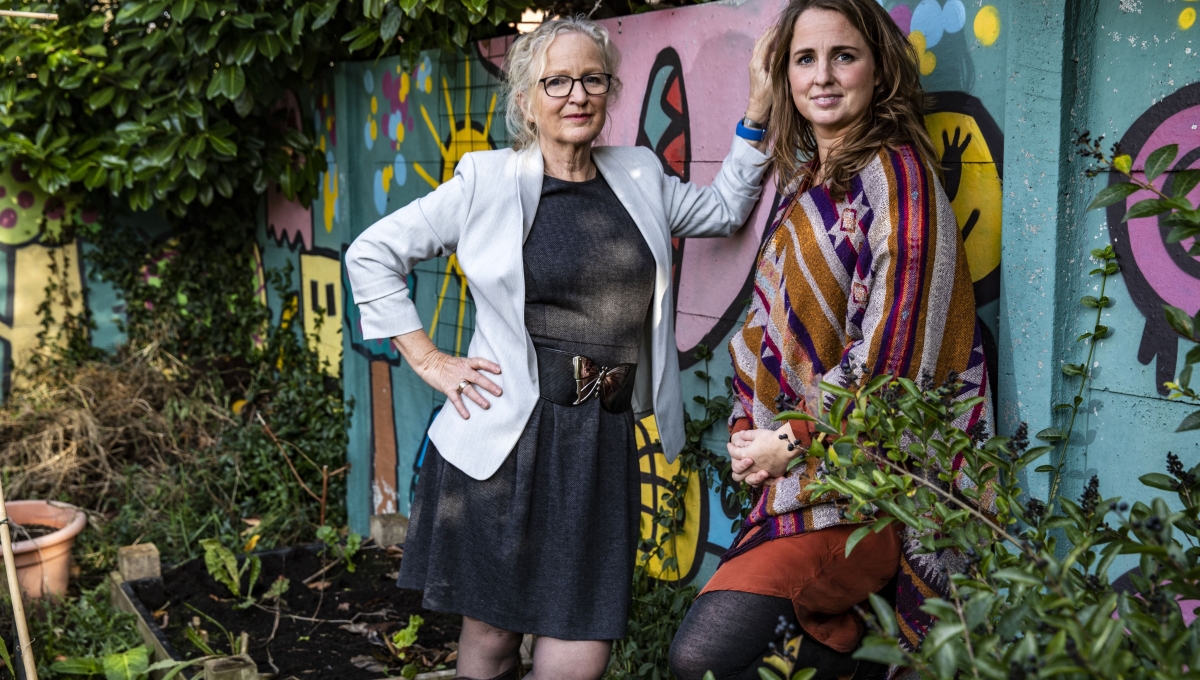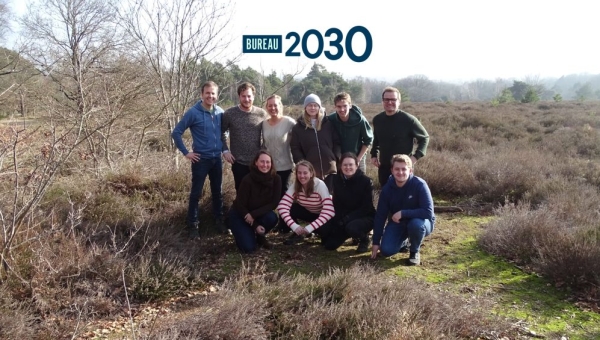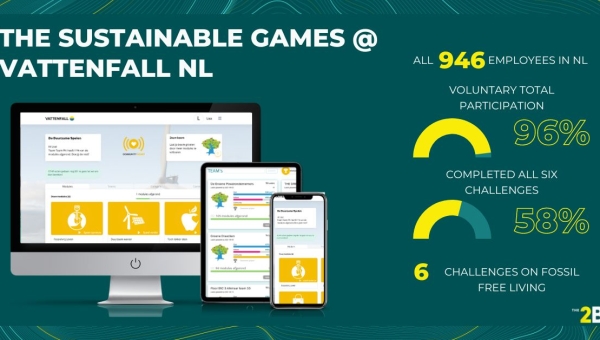Inclusion is sometimes overlooked when speaking of sustainable development, however, the significance of this topic is immense. With The Inclusion Games, Bureau de werkvloer, is tackling this issue in the work environment. With their gamified challenges, their goal is to create an inclusive environment for all, within organizations.
This innovative consultancy created a gamified program that revolves around four main topics: the position of women, disabilities, racism, and LHBTIQ+ on the work floor.
Before writing this showcase article we conducted an interview with Sanne Terlouw, one of the owners of Bureau de werkvloer. She provided many insights and shared fun and inspiring stories.
The Power of Inclusion
Sanne mentioned two main reasons why inclusion is important for companies to incorporate into their organizational culture and structure.
- CSRD: this new directive is going to change the current manner in which companies have to report. From now on, also the non-tangible aspects will need to be accounted for. For example, how do you treat your personnel, and how many complaints have been filed by employees? This forces organizations towards shifting to a healthy and inclusive work environment from above.
- Another reason is the staffing shortage. This situation makes the attraction and actual retention of employees even more important. A prime cause for employees leaving is the poor atmosphere. Companies often do not grasp the importance of letting employees feel seen, safe, appreciated, and at home.
Besides these facts, Sanne stresses her personal passion for inclusion. For her, it is more than improving the performance of companies. She sees inclusion as a fundamental right.
An inspiring story
In Deventer, a city in the Netherlands, a group of refugees was placed, all without a permit residence. Sanne explained that she and a group of others directly became involved with helping this group of people.
The first step she said was introducing this group of refugees to the locals in Deventer. Given the fact that there are a lot of misconceptions, and by getting acquainted with one another, most of these get debunked.
Sanne: “We started with giving group lessons, such as sports and painting. This really connected these very different groups with each other. Later we realized that the language barrier was the main thing holding them back from integrating properly.”
Therefore, it was decided to also provide Dutch language classes. This started off small. As of matter of fact, Sanne hosted these lessons in her own home in the beginning, with 11 teachers who all gave weekly lessons of 1,5 hours. Now the lessons take place, at Saxion University in Deventer with the same teachers.
Sanne: “These kinds of experiences are extremely enriching and help us bring more life to The Inclusion Games”
First successful pilots and results
Bureau de werkvloer has just finished its first pilot run, at PwC, with a group of 196 employees. Over the course of four weeks, these employees played four different challenges, all related to improving inclusion.
Prior to playing the challenges, all participants had to fill out a form, in which their current states related to inclusion were measured, using five pillars. These pillars are:
- What is their empathy level?
- What is their awareness level?
- What is their knowledge level?
- What is the level of their skills?
- And lastly, what is the level of their action readiness (if someone makes an insulting joke for example, would you point it out?)
After the four-week trajectory, the same form was filled out again by the participants. This functioned as an impact measurement. The results were very positive. Overall, the progress was 8,7% on all five pillars, which can be labeled as a significant increase.
Why gamified e-learning?
Gamification and e-learning as a combination are still quite new and sometimes people are still hesitant about it. Nonetheless, Bureau de werkvloer has added it to its portfolio. Why?
Sanne explained that they strongly believe that in six weeks, you can achieve behavioral change for a long period. Additionally, by making it fun and creating a cheerful surrounding the process is made light, yet the content being covered is serious. That is the balance BdW is looking for.
Sanne: “Moreover, if we really want to make an impact, we need to reach large groups. That is why we believe in the power of the collective. With gamification, this goal can be realized.”
Always keep dreaming
To conclude, Bureau de werkvloer has just finished its first successful pilot run of The Inclusion Games, at PwC. Which is a great achievement, however, what are the next steps?
Sanne mentioned that they are working on more runs already at the moment. One of the dreams she has envisioned for the future is a gamified e-learning game, specially created for refugees in the Netherlands. Because, in the Netherlands, it is mandatory to take a test about the Dutch culture and its society. By offering this program they would be better prepared, and the success rate would increase.
We would like to thank Sanne Terlouw for her time and inspiring stories. We are looking forward to the coming projects together.





1_thumbnail.png)

